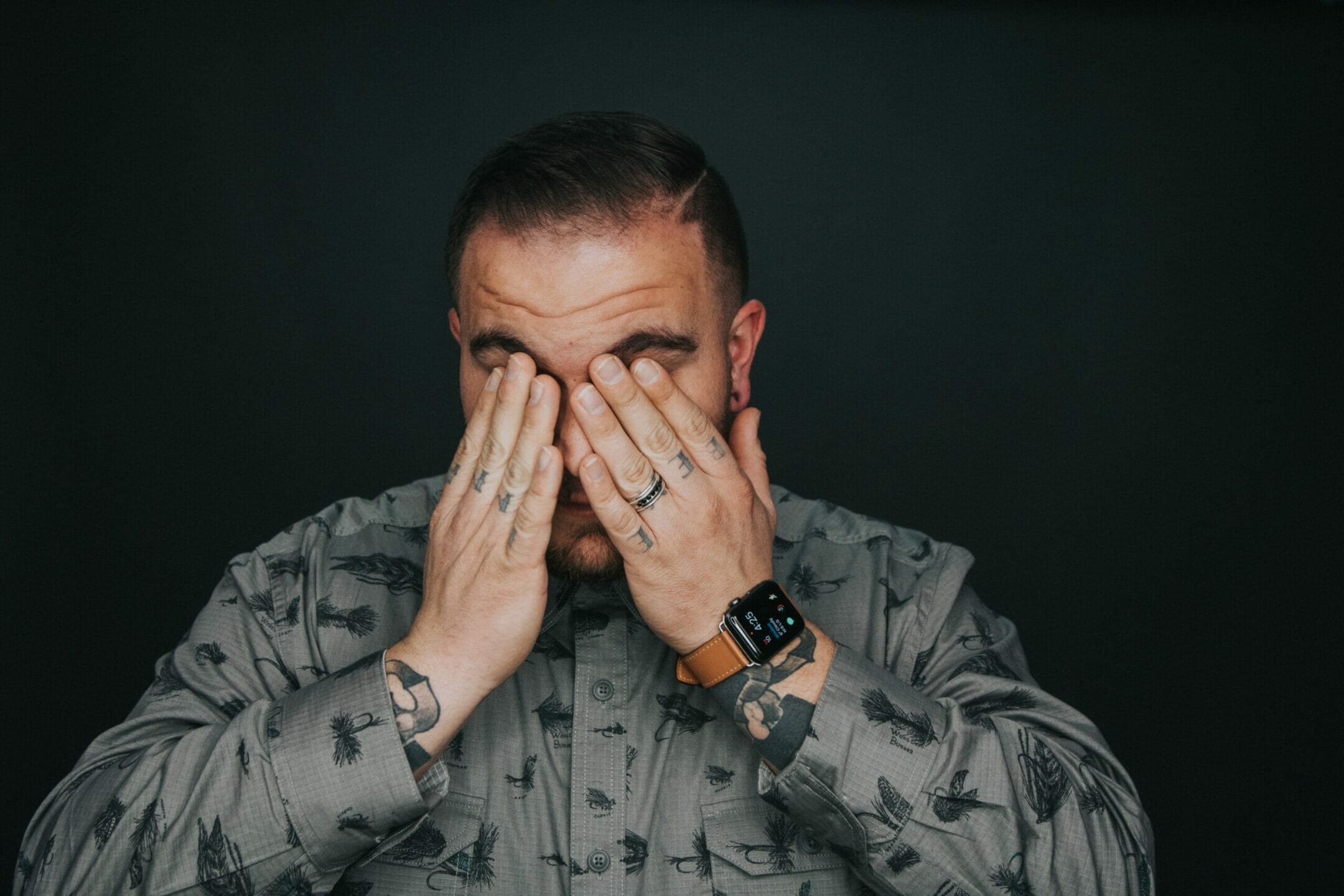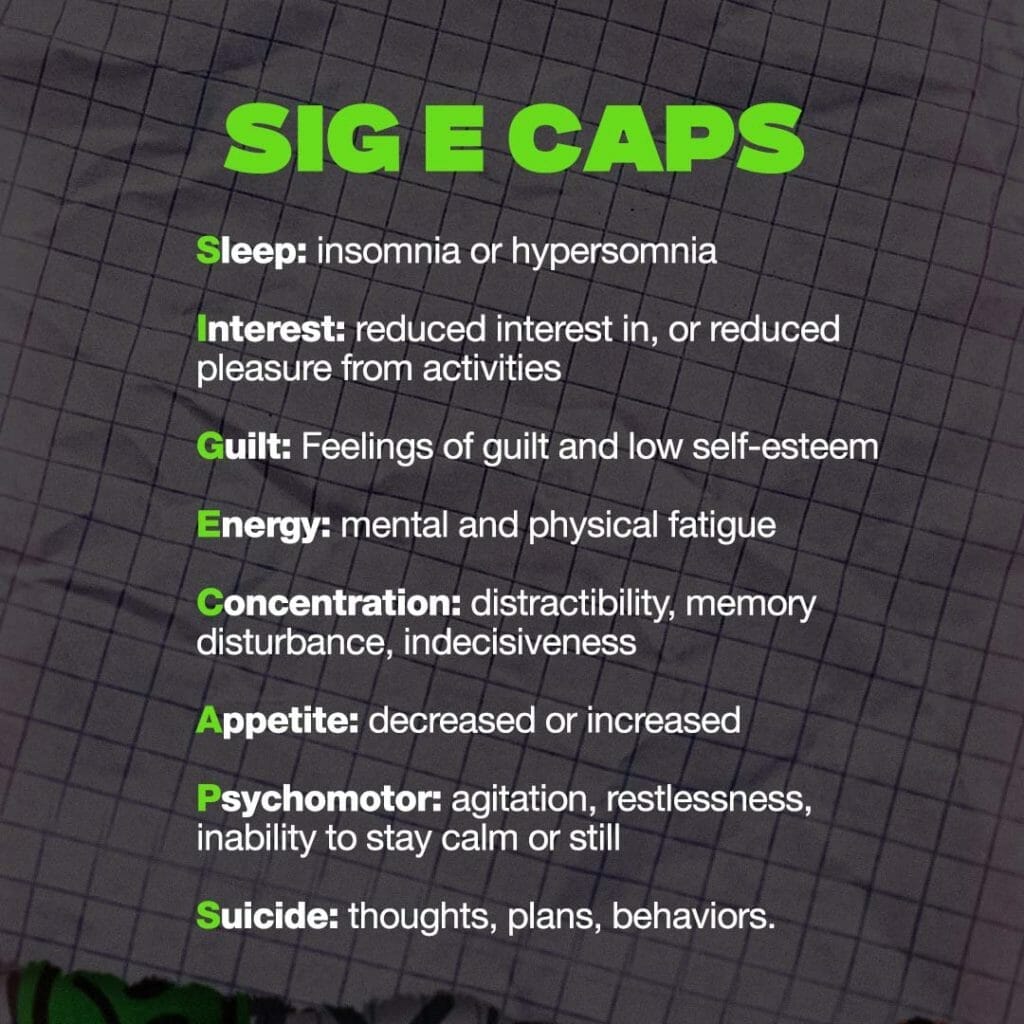Symptoms of Depression: Identifying if You Might Have Depression
Willow Creek | August 4, 2022

*If you are experiencing a mental health crisis, have thoughts of hurting yourself or others, or need help right away, please call or text 988 for the Suicide and Crisis Lifeline. Do not hesitate to get help! You are not alone.
How can you identify if you might have depression? What symptoms of depression can you look out for? And when should you seek help for depression? Many of us will experience symptoms of depression, and depression comes in many different forms. Feeling sad or lonely can simply be a part of the human experience. But what if it’s something more?
In 2020, the National Institute of Mental Health estimated that 21 million adults in the U.S. experienced a major depressive episode, representing 8.4% of the adult population. However, since many people suffering from major depression do not seek professional help, that number is thought to be much higher.
You may not be suffering from major depression, but depression, and the symptoms of depression, can appear in anyone, at any time. These symptoms can cause trouble for anyone and can be debilitating if you don’t address them. You don’t have to be suffering from major depression to seek help either.
The mnemonic “SIG E CAPS” can help you try to determine if depression is affecting you or someone you know. It’s used widely by doctors as a basis for diagnosing depression in a patient. If you recognize any of these symptoms of depression in yourself or someone you care about, seek help right away from your primary care doctor or a counselor. If you resonate with one or more of these symptoms and have been experiencing them for a period of two weeks or more, please seek help immediately.

SIG-E-CAPS
S–Sleep. Has your sleep pattern changed? Are you sleeping more? Are you experiencing insomnia?
I–Interest. Have you experienced a loss of interest in things that you like?
G–Guilt or low self-esteem. Feelings of guilt and low self-esteem are both symptoms of depression and shouldn’t be ignored.
E–Energy. Energy loss, low energy, and fatigue are common symptoms of depression.
C–Concentration. Forgetfulness and a sudden lack of concentration should stand out to you.
A–Appetite. This could be a loss of appetite or an increased appetite.
P–Psychomotor changes. This is a physical effect of depression or anxiety and often produces a sense of agitation that manifests physically. It’s an inability to remain calm or still, a feeling of anxious restlessness.
S–Suicidal ideations. Thoughts of suicide, either passive (you’ve thought about it) or active (you’re planning it), should be addressed immediately either with your doctor or by calling or texting 988. Do not wait to seek help.
If you are concerned about any of these symptoms of depression, in yourself or someone you know, do not hesitate to seek help from a medical professional or counselor. Depression affects many different people and is unpredictable — no one can predict who will suffer from depression or why.
Your doctor is trained in helping patients find the right way to treat their depression and may refer you to a specialist. Talk therapy, anti-depression drugs, and other forms of intervention are different ways to treat depression. The type of treatment people receive depends upon many factors and will be discussed at length with you and your medical or counseling professional.
If you’re ready to talk to a counselor in your area, Psychology Today and Therapy Den are good resources. Wondering how to find a counselor and what to expect? See our helpful article here.
If you take away anything from this article, let it be this: you are not alone. Depression is common and can affect anyone at any time. There’s no need to feel embarrassed or scared to reach out to a professional for help with treating your symptoms of depression. We strongly encourage you to do so!
Read Katie’s story of overcoming depression and living with her condition.
Read Sav’s story of living with depression and how she copes through therapy, support, and faith.
For more practical ways to deal with mental health issues, and stories of others who have been there too, go here for our full list of resources.
